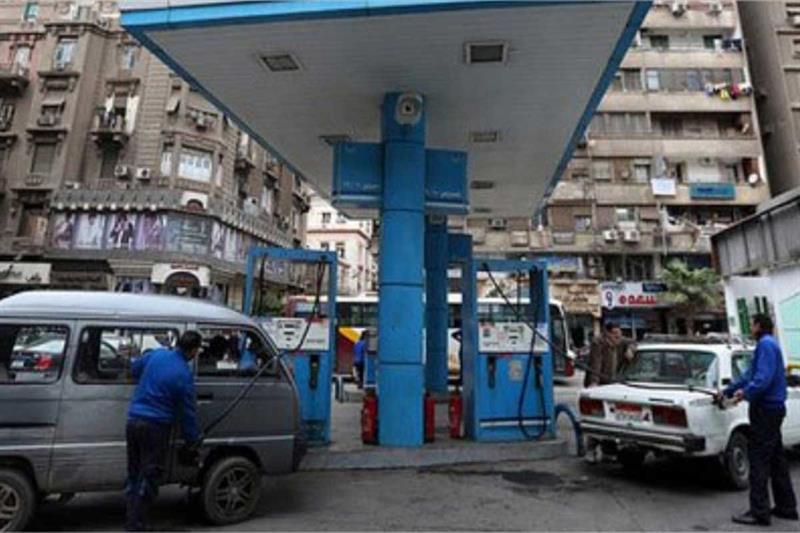
File photo of fuel station in Cairo. Reuters
In a recent letter sent to Egyptian Minister of Petroleum and Mineral Resources Tarek El-Molla, the European Automobile Manufacturers’ Association (ACEA) said that they were faced with claims from owners and operators which appear related to “low-quality gasoline” being marketed in Egypt.
The letter, dated 8 February 2022, surfaced on social media over the past several hours, raising varying reactions.
It was also sent to Egyptian Minister of International Cooperation Rania Al-Mashat and Head of the Egyptian Consumer Protection Agency Ayman Hossam El-Dein.
The ACEA, which represents 16 European-based auto manufacturers, claimed that it had detected manganese in samples of gasoline from Cairo and Suez, which can potentially lead to engine failure, but found no traces in samples from Alexandria and Marsa Matrouh.
In response to the ACEA’s letter, Hamdy Abdel-Aziz, the petroleum ministry’s spokesperson, said on Saturday that Egyptian gasoline meets all international standard specifications, noting that the ministry periodically analyses random samples of gasoline kept at the ministry’s main fuel depots and distributing stations to ensure quality.
“The letter says the problem appeared only in Cairo and Suez. So, why do other cities and governorates remain unaffected despite all local gasoline coming from the [same] refineries and depots?” he added.
The spokesperson emphasised that locally produced gasoline comes from Egyptian refineries and is free of any detrimental manganese and any other harmful elements, stressing that an official and technical response will be issued towards the letter.
“If this element [manganese] is added, it will cause damage to the refining equipment,” Abdel-Aziz told El-Hekaya talk show on MBC Masr, expressing his astonishment of the letter’s content.
He added that the samples cited by the ACEA as proof of impurities in gasoline sold in Egypt were taken from the cars’ tanks, not fuel stations.
He stressed that “if anyone wants to analyse samples from gasoline at our main depots or fuelling stations, they are welcome to do so, and we don’t have any problems with it.”
Furthermore, some fuelling stations sell substances — such as octane boosters — with the aim of increasing performance, and these substances may be the reason the cars are malfunctioning, he noted.
Egypt pumps 30 million litres of gasoline into all fuelling stations daily, according to Abdel-Aziz.
This back-and-forth comes amid a recent dispute among the automobile community regarding the malfunction of some turbo-equipped European cars — most notably Opel Astra — allegedly due to fuel impurities.
Short link: